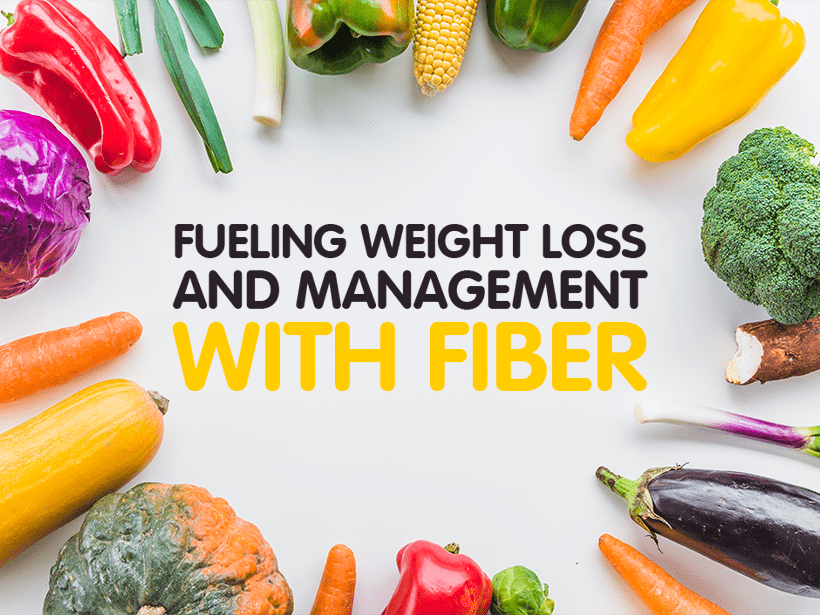Whether you follow a low-carb, no-carb, or another diet somewhere in the middle of the field, fiber is essential to your weight loss goals. While losing weight, indeed, requires a focus on a balance of the right amount of proteins and carbohydrates, the right amount of fiber might actually be the most crucial element. What is it about fiber that aids in weight loss though, and how do you consume it without consuming too many carbs?
Fiber Plays into Weight Loss in Multiple Ways
There are two main types of fibers; insoluble and soluble. Insoluble fibers are the materials that, when consumed, aid in healthy bowel movements and promote overall colon health. Soluble fibers, on the other hand, are essential in suppressing the hunger drive and promoting satiety. Furthermore, they reduce serum cholesterol.
Fiber-rich foods, particularly those rich in soluble fibers, are processed more slowly by your body. Because of this, they help you feel full faster, which often encourages a diet lower in added unhealthy fats and sugars. Dr. Sameer Karkhanis of the Center for Cosmetic and Reconstructive Surgery1 says, “Increasing fiber content will help to keep the metabolism level high, satiated, and in a way, lose weight steadily.”
Consuming Fiber Without Excess Carbs
If you’re following a low-carb diet protocol, it can be easy to overlook the amount needed to promote both weight loss and healthy digestion. However, to accurately track the amount consumed in your diet, you’ll likely want to consider tracking your net carbs vs. total carbs. Dietary fiber (that’s the good stuff) is subtracted from the total carbohydrates in a food or dish to reveal your net carbs.
Because studies have shown that soluble dietary fiber helps stabilize insulin levels, as well as suppress your appetite, it’s crucial to add them to your diet for overall weight loss and management2. Look for foods like broccoli, lentils, bran flakes, raspberries, black beans, and more. Low in net carbs but rich in good fiber, they’ll help you lose and maintain weight better.
How Much Fiber is a Good Thing?
The amount of fiber you should consume varies based on the individual. However, the Institute of Medicine3 recommends women 50 or younger consume 25 grams per day, while men of the same age should consume 38 grams per day. If you’re 51 or older, women should consume 21 grams a day to men’s’ 30 grams per day. Remember that refined or processed foods are lower in fiber, so you’ll want to err on the side of whole foods even above supplements.
NUTRITIONAL DISCLAIMER
The content on this website should not be taken as medical advice and you should ALWAYS consult with your doctor before starting any diet or exercise program. We provide nutritional data for our recipes as a courtesy to our readers. We use Total Keto Diet app software to calculate the nutrition and we remove fiber and sugar alcohols, like erythritol, from the total carbohydrate count to get to the net carb count, as they do not affect your blood glucose levels. You should independently calculate nutritional information on your own and not rely on our data. The website or content herein is not intended to cure, prevent, diagnose or treat any disease. This website shall not be liable for adverse reactions or any other outcome resulting from the use of recipes or recommendations on the Website or actions you take as a result. Any action you take is strictly at your own risk.
- Jacob’s Meat Market Joins the Keto Craze - February 12, 2019
- Doing the Low-Carb Lifestyle the Right Way - January 31, 2019
- How to Boost Your Metabolism and Burn Fat Faster - January 3, 2019































